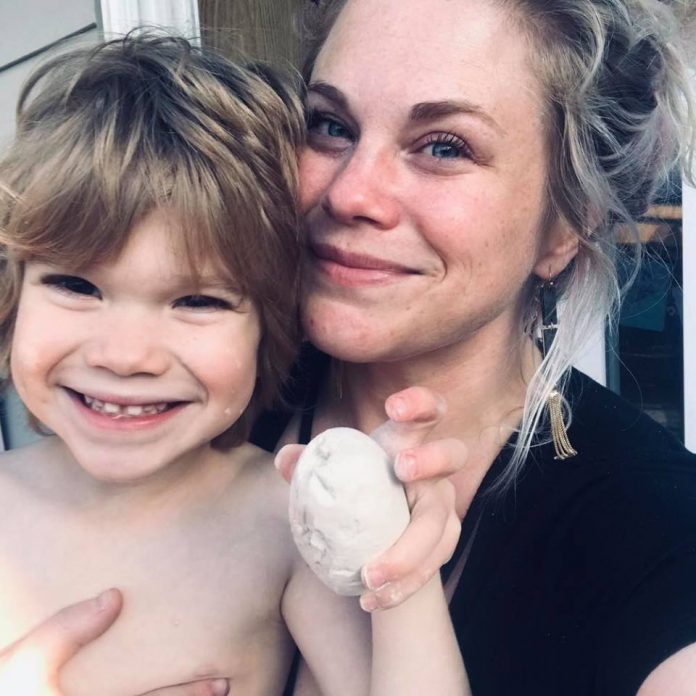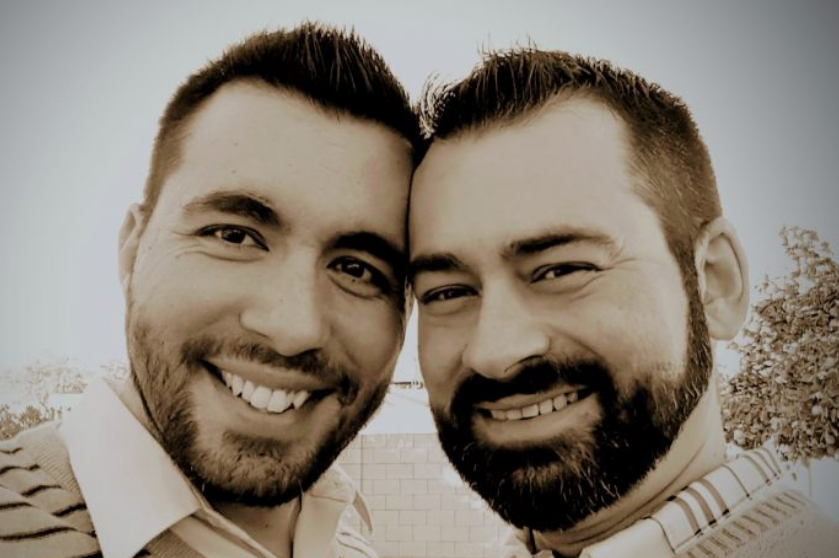After completing a Digital Marketing Boot Camp at Vanderbilt, Miller Murray used his multidisciplinary background to carve a path for himself in the industry. We spoke with him during his first week at Kochava, a mobile marketing attribution platform based out of Sandpoint, Idaho. As an Associate Client Success Marketing Manager, this is Murray’s second position in the industry since completing his boot camp.
Listen below as he discusses getting into the Digital Marketing, how his background has contributed to success, and tips and tricks for others starting a career in the industry.
As, what we call, a career starter, Miller Murray is no stranger to the job search and its challenges.
Murray: You’ve experienced it as well, I’m sure. You know, it just stinks. It’s really hard. Rejection stinks.
Luckily, he just stepped into a new role as an Associate Client Success Manager for Kochava, a mobile marketing attribution platform, based out of Sandpoint Idaho.
Murray: So, right now, I’m still in training. But, you know, the Client Success Manager – they’re sitting in between the clients, which are, for a large part, advertisers with their own marketing departments. So sitting between, like, that marketing department and the Kuchava platform, which helps them make decisions about their mobile campaigns.
Although Murray is excited that his career is off the ground, he didn’t always expect this to be his path.
Murray: Senior year of college, I was a double major in English and Molecular Biology. I figured I was probably going to go into Academia in one of those directions and ended up deciding that it’s not really something I was super interested in. So now, I’m starting my second semester senior year, trying to jump into a new industry or a new career path.
He did some thinking, made some preliminary decisions, and landed on digital marketing as an ideal industry for his unique skill set. Murray enrolled in the Digital Marketing Boot Camp at Vanderbilt University, got his certificate, and was on his way to a new career.
Murray: So, I was going to school in Tennessee at the time, and used that to build my resume and start applying for jobs. And, eventually, I landed something.
Despite successes, the work to get his foot in the door did not come without hurdles. Murray hustled, sending out resumes as soon as possible.
Murray: As soon as I could put that boot camp on my resume, I did. I was just putting ‘tbd’ or ‘will be completed on this day’ as I was sending out applications. But, you know, it still took me, what? 5-6 months to land something. So it’s tough.
As far as timelines go, this is fairly normal. Research done by the Bureau of Labor Statistics, on duration of unemployment, suggests that 6 months is the average amount of time that it takes to find a job. So if you are in the market, you’ll want to start soon.
There are some strategies that will help you get ahead. Murray suggests what worked well for him: overdelivering on materials.
Murray: That’s your opportunity to stand out. So, they ask for one email? I send in five. You send in five emails, broken down by audience and segment. And then for each one of those emails, I did a keyword breakdown.
The tide turned for Murray when he got his first role in the industry as a marketing strategist and copywriter for a small marketing agency in Georgia.
Murray: And you know how it goes: Once you kind of get that first job, things start to open up.
He attributes some of his job search success to his extensive knowledge of different subjects.
Murray: I think I’m Testament to the fact that you can really come in from a lot of different things and do well in digital marketing as long as you’re interested in learning.
He leaned into his background and embraced his differences. Turns out molecular biology shares a few similarities with digital marketing.
Murray: Scientific problem solving – that should be a business 101 course. I think that’s been super helpful for me – just being able to have an initial set of tools that helps me look at a set of data and think about what reasonable conclusions we can make and what are unreasonable conclusions. So definitely that Biology side of working with data and thinking in tables and graphs has been super helpful.
And his English expertise does not hurt either.
Murray: On the English side, it’s a little more of the more abstract/creative part of the job, thinking deeply about people’s motivations. Everyone has a unique character, a unique set of motivations, and is gonna react differently to different ideas and creatives. And just having practice thinking deeply in that space, I think, sets me up well.
Now that he’s in the door, Murray is realizing that he’s not the only one in the industry with a multidisciplinary background.
Murray: I’ve met people who have done a number of different things. In my last office I was working next to someone who – I don’t think it was completed, but they had gotten pretty far in a PhD English program. I think there’s someone in the office here now who is a PhD Philosophy grad. There really seems to be a range of different things that can help you jump in.
And, for him, having many opportunities to learn new things, makes digital marketing an exciting place to be.
Murray: I think what makes a person a good digital marketer, someone in the industry, is just someone who gets excited about learning things. When things are changing, there’s constantly new tools. If that’s something that excites you, like you want to be always learning something new, always something you want to master, I think that makes you a really good digital marketer.
In his work so far, Murray has realized that true success in the industry comes from a combination of knowledge and willingness to learn. And when it comes to an impactful piece of digital marketing, weighing the scales is absolutely necessary.
Murray: It’s a balance, right? Between the head and heart. I think a good piece of digital marketing is going to combine both of those. It’s going to be effective, but it’s also going to bring an innovative piece of creative. It’s gonna have some kernel of truth or passion, or something exciting behind it. It’s not just, you know, another freaking banner ad that’s just optimizing clicks. I would love to see the combination of the head and the heart there.
For those interested in starting a digital marketing career, like Murray, he has some encouraging words.
Murray: I mean, that was one of the things that led me to the digital marketing space. It just didn’t seem like there was a super strict or super high bar to entry. You don’t need that graduate degree, you don’t necessarily need that college major, you just need to be willing to learn the new skills. And everything’s changing so fast, like even the skills that were standard five years ago, may no longer be relevant. So there’s also an opportunity to jump in.
Looking to make the leap yourself? Murray recommends starting with a generalized approach… and striking another …you guessed it: balance. This time between small and large companies.
Murray: So, I mean, I imagine most people coming out of the boot camp are gonna be applying for entry-level positions. That’s tough because you may not have narrowed it down. I think I would just say: always be willing to learn; always be willing to push yourself and find that new thing.
Don’t give up. Try and target some of those smaller agencies, and get your foot in the door.
Start with a broad, broad knowledge base. Then you can start to specialize. But there’s a lot of opportunity. Things are great, things are moving fast.
By taking the early copywriting / strategist position, Murray was able to get his foot in the door, learn the basics of the industry, and figure out how his skill set would thrive within it.
Murray: I got to come in and experience the industry very broadly; Try on a lot of different hats, work with different teams. I think that you start there, and then you find the things that you want to hone-in on, and then you can start pairing down your resume and focusing on those specialties. There’s just so much. I think the fact that there’s always something to learn is just so true. There’s always something to learn every day. I’m learning so much and it’s just inexhaustible. So if that excites you, as it does me, then you’re in a good place.
What does the future hold for Miller Murray? Only time will tell – but he has a few ideas of his own.
Murray: I just moved up here. I think I got my bed frame that came in yesterday, so setting that up is pretty high up there. I feel like having a place to sleep is number one on the bulletin list.
But down the road something like having my own agency would really be awesome. Everything’s becoming more specialized, more individualized. And I think the marketing efforts and advertising efforts are going to start reflecting that as well. So yeah. It’s an exciting space, just all of it.
And now for his parting words of encouragement to other career starters
Murray: Yeah…good luck. Good luck out there.




